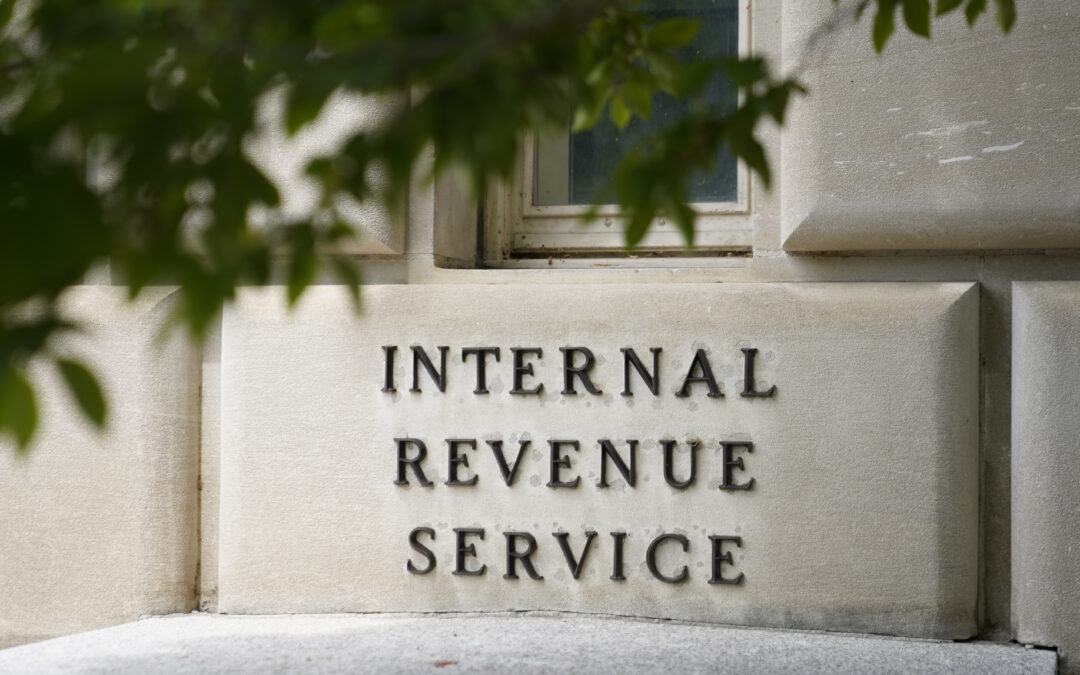IRS Expands Processing of ERC Claims, Announces 5 New Warning Signs of Incorrect Claims
Last fall, the Internal Revenue Service (IRS) instituted a moratorium on processing Employee Retention Credit (ERC) claims filed after September 14, 2023. However, on August 8, 2024, the IRS announced it “will now start judiciously processing claims filed between Sept. 14, 2023, and Jan. 31, 2024.”
The IRS also noted that payments for approximately 50,000 low-risk ERC claims will begin in September 2024, with additional payments in subsequent weeks. During this time, some businesses may receive payments for certain valid tax periods while the IRS conducts further review of the remaining periods.
5 New Warning Signs of Incorrect ERC Claims
As processing continues, the IRS published a list of 5 new warnings signs of incorrect ERC claims, in addition to the 7 Warning Signs of Incorrect ERC Claims outlined by the IRS earlier this year:
-
- Essential business that could fully operate and did not have a decline in gross receipts;
- Business unable to support how a government order fully or partially suspended operations;
- Business reporting family members’ wages as qualified wages;
- Business using wages already used for Paycheck Protection Program (“PPP”) loan forgiveness; and
- Large employer claiming wages for employees who provided services.
These topics are covered in more detail in this IRS Press Release 2024-203.
The IRS is urging businesses to review their ERC filings to confirm eligibility and ensure no warning signs or other mistakes are present, even if the ERC claim was previously approved. Depending on the status of an ERC claim, businesses have the following options:
- Denied Claim; Administrative Appeal – Businesses that receive disallowance letters may seek an administrative appeal of the denial to prove that the claim was, in fact, proper.
- Unprocessed Claim; Withdrawal – Businesses with unprocessed claims that are improper in light of IRS guidance can utilize the Special Withdrawal Process. The IRS will treat the claim as though it was never filed, and no interest or penalties will apply.
- Proper Claim, but Incorrect Amount; Amend the Return – Businesses which overclaimed the ERC may amend their return to the correct amount to avoid future compliance issues.
- Improper Claim Erroneously Paid; Voluntary Disclosure Program – Businesses which erroneously received payment for an improper ERC claim can repay such amount at a 15% discount and avoid potential civil litigation, penalties, and interest through the newly-reopened Voluntary Disclosure Program.
Evaluating your ERC Claim
Determining ERC eligibility and navigating IRS initiatives is highly-technical and complex. Whether you are considering an administrative appeal for a denied ERC claim, seeking to evaluate the validity of your unprocessed ERC claim in light of new IRS guidance, or considering utilizing one of the IRS initiatives for incorrect claims, the attorneys at Dvorak Law Group are available to review your facts and circumstances and applicable governmental orders to assist in your decision-making process.

Seth Moen
Office: 402.933.3079



Recent Comments